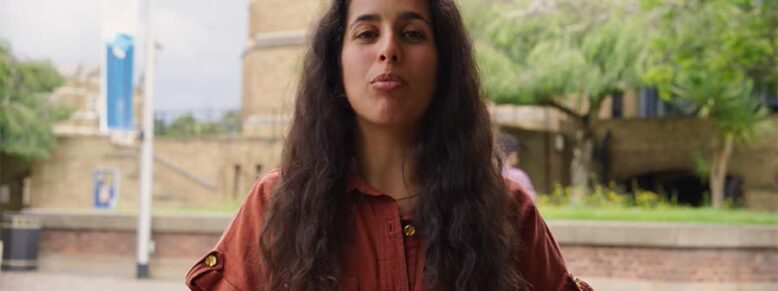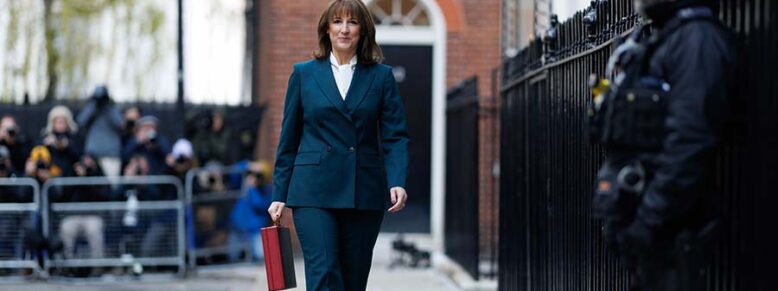I was recently asked to say what my favourite Bible passage was. Without much thought, I said the first chapter or so of Genesis. The reason I gave is because we can sideline these chapters. Catholics might think: “ah yes, the creation story; that did not really happen; let’s leave that to Jehovah’s witnesses and move on to the second chapter of Matthew.”
Read more >>The call to care for creation











